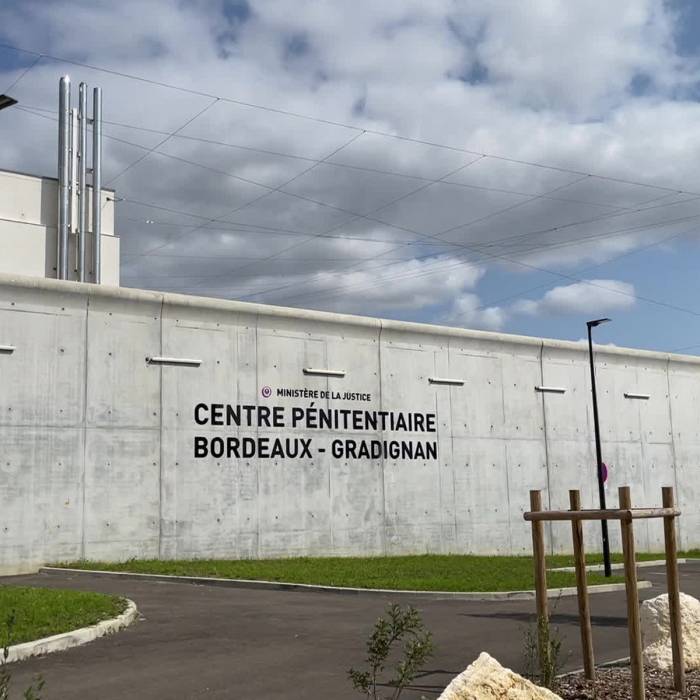Wine Delivery to French Prison Sparks Safety Concerns Among Guards and Unions
Large shipment intended for inmate work program raises questions over security protocols and communication at Bordeaux-Gradignan facility
2025-09-16

On August 28, prison guards at Bordeaux-Gradignan in southwestern France were surprised when a truck carrying 20,000 bottles of wine arrived at the facility. The delivery, which initially seemed like a mistake, was in fact intended for the prison. According to staff, they first believed the truck had taken a wrong turn from a local supermarket’s wine fair.
The wine was delivered as part of a legal economic activity inside the prison. Inmates participate in weekly workshops where they assemble gift baskets, and the bottles were meant to be included in these packages. The program is designed to provide work opportunities for prisoners and is not new to French correctional institutions.
However, the scale of this particular delivery and the nature of the product have raised concerns among prison staff and union representatives. Ronan Roudaut, secretary of the Union Fédérale Autonome Pénitentiaire (UNSA), said that bringing such a large quantity of alcohol into a prison environment poses significant risks. He pointed out that some inmates are serving sentences for crimes committed under the influence of alcohol. The fear is that prisoners could open and consume the wine on site or smuggle bottles back to their cells.
Roudaut also highlighted operational challenges. He noted that only two guards are assigned to supervise groups of 70 to 80 inmates during workshop sessions. With so many bottles present, he said it would be impossible to thoroughly search every inmate leaving the area. The union representative described the situation as dangerous, emphasizing that a broken bottle could easily become a weapon.
Prison guards reported that they were not informed in advance about the delivery. There was no official memo or special instructions regarding increased surveillance or handling procedures for the wine shipment. Staff members expressed frustration at being put in what they consider an unnecessarily risky position.
The incident has sparked debate about security protocols and communication within the French prison system. While work programs are seen as valuable for rehabilitation and reintegration, staff say that better planning and information sharing are needed when potentially sensitive materials are involved.
The Bordeaux-Gradignan facility houses several hundred inmates and regularly runs work programs as part of its rehabilitation efforts. The recent delivery has prompted calls from unions for clearer guidelines and more resources to ensure safety when managing such activities in the future.
Founded in 2007, Vinetur® is a registered trademark of VGSC S.L. with a long history in the wine industry.
VGSC, S.L. with VAT number B70255591 is a spanish company legally registered in the Commercial Register of the city of Santiago de Compostela, with registration number: Bulletin 181, Reference 356049 in Volume 13, Page 107, Section 6, Sheet 45028, Entry 2.
Email: [email protected]
Headquarters and offices located in Vilagarcia de Arousa, Spain.